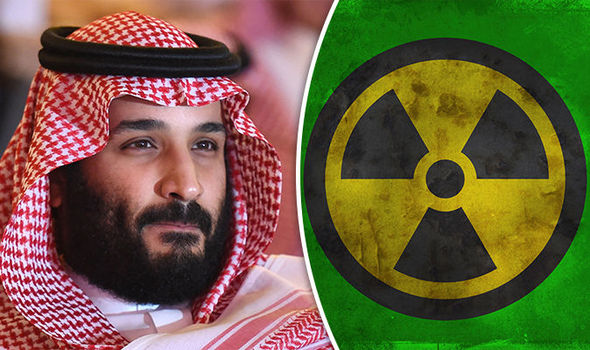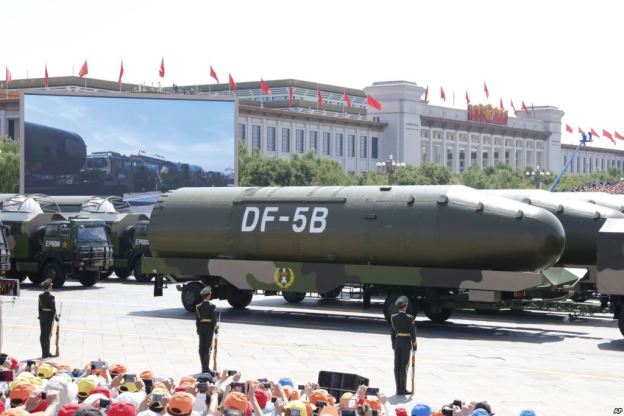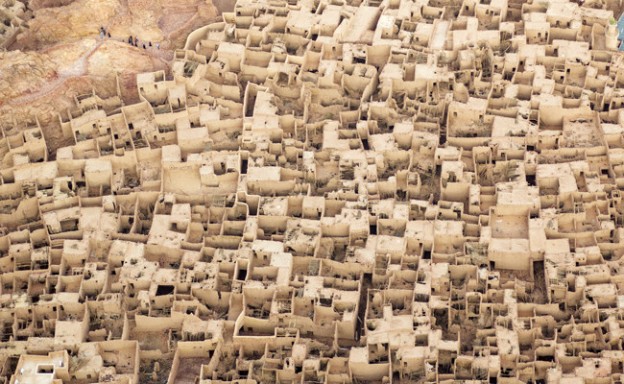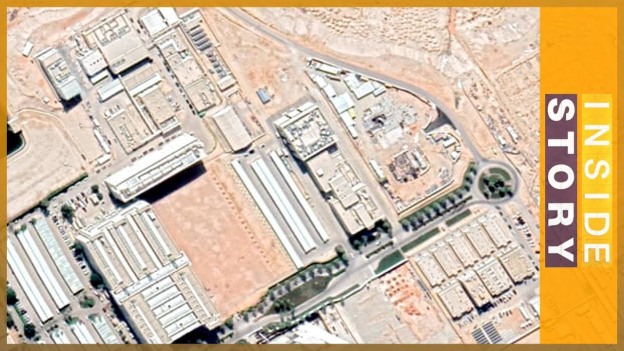Germany… exports a lot of weapons: more than Britain, France or any other country besides America and Russia. Some German makers of military gear are part of civilian industrial giants, such as Airbus Group (which has dropped its ungainly old name, EADS, to adopt the brand of its commercial-aircraft business), and ThyssenKrupp, a steelmaker. But the biggest German company known mainly for weapons, Rheinmetall, is just 26th in the world league of arms-exporting firms. And Krauss Maffei Wegmann (KMW), which makes the Leopard 2 tank, is 54th.
Germans are, in general, proud of their export prowess. But although foreign sales of weaponry bring in almost €1 billion ($1.4 billion) a year, they are a delicate subject, and lately beset by bad press. Several German firms are accused of bribery in Greece. A former defence official there has said that of €8m in bribes he took, €3.2m came from German firms, including Wegmann (now part of KMW) and Rheinmetall. On January 3rd KMW’s alleged middleman was detained after a court hearing. The firm itself denies any bribery. Atlas, a maker of naval weapons owned jointly by Airbus and ThyssenKrupp, is under fire too. A former representative in Athens has reportedly admitted to bribery; the company says it is investigating the matter.
On another front, the industry faces criticism over the countries it sells to—most recently over a deal to sell Leopard 2s to Saudi Arabia. Arms sales to anywhere other than NATO and “NATO-equivalent” countries are in principle forbidden. But the Federal Security Council, headed by Chancellor Angela Merkel, can approve exceptions when foreign policy dictates, as long as they do not harm human rights.
Peace campaigners fear that the exceptions are becoming less exceptional. NATO countries’ budgets are being squeezed, so Germany’s armsmakers are looking farther abroad. Rheinmetall, for example, has a target of 50% of exports outside Europe by 2015. Asia is a growing target: Singapore recently signed a €1.6 billion deal for ThyssenKrupp submarines.
German small arms are also popular. Heckler & Koch’s G3 rifle (together with its variants) is the world’s most popular after the Russian AK-47….But Germany’s arms exports are probably in little danger, since they have the same reputation for reliability as its cars and other industrial goods.
Moreover, there are ways to lessen the controversy of selling things used to wage war. For example, making guns for a fighter jet assembled elsewhere is less visible than selling a German-made tank. Military transport, logistics, surveillance and protective equipment together account for five times as much of German defence firms’ output as weapons and ammunition—and are less likely to be blamed for civilian casualties. Stephan Boehm, an analyst at Commerzbank, sees such non-lethal materiel as a bright spot for German exporters. The flagging fortunes of Rheinmetall, in particular, should be restored by strong sales of the armoured transporters it produces in a joint venture with MAN, a lorry-maker.
Critics say the government is too willing to let arms firms export to dodgy regimes. The Federation of German Security & Defence Industries argues that strong exports are crucial to spread the development costs of the equipment Germany needs to defend itself. This would be less of a problem, the lobby group admits, if Europe’s fragmented defence industry were consolidated; it says the government should not have vetoed a proposal last year to merge EADS with BAE Systems of Britain. Weapons account for less than 1% of Germany’s exports. But it is a 1% that it, like other countries, is loth to give up.
German weapons firms: No farewell to arms, Economist, Jan. 11, 2014, at 56






